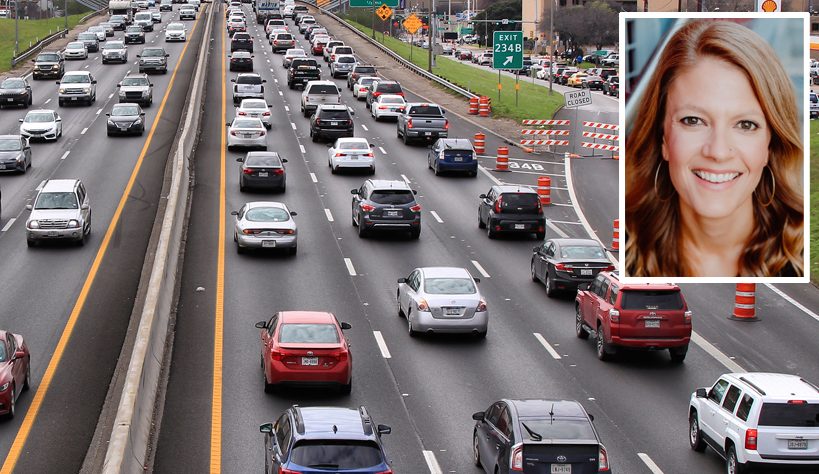Vice President Joe Biden acknowledged today that the White House's economic recovery push has created stumbling blocks for cities hoping to take advantage of the stimulus, but he defended the administration's efforts to take a more holistic view of transportation, housing, and other urban concerns.
After a speech touting the $787 billion stimulus law's 200th day of activity, Biden took questions from audience members at the Brookings Institution.
Amy Liu, deputy director of Brookings' metro policy program, asked how the Obama administration could be more flexible to help cities that are trying to improve "across jurisdictional lines" using transit, broadband, and electricity modernization. Biden began by comparing the stimulus law to the COPS community-policing grants that he helped create as a senior senator:
We had a big fight when we were writing the COPS program, and Iinsisted that it not go to governors, it not go to the states, [that] ... at a local level, you apply for the grant. That's what we wanted to do for an awful lot of what was done in this [stimulus] legislation.
The fact is, the Congress, in its wisdom, decided that the governorsshould have a bigger input. I'm not -- they may be right, but I'm justtelling you where I come from ...
Congress' decision to route stimulus money through governors has sparked open confrontations between urban mayors and governors over how to distribute funds to the most needy areas. New York City Mayor Michael Bloomberg was particularly direct in urging that the stimulus provide direct aid to cities, bypassing the politicization that often dominates decision-making in state capitals.
While expressing subtle sympathy for mayors and others who backed direct stimulus help for cities, Biden vowed that the administration would keep working on a system for distributing urban grants based on the overall health of cities -- which includes transportation, energy, and housing needs.
"We're trying to marry these things together," he said. "Now, it's
imperfect, because we don't have an overall piece of legislation out
there that's called, you know -- urban policy ABCD."
As Streetsblog Capitol Hill has discussed before, the lack of a coherent federal approach to urban policy is not for lack of congressional power brokers who hail from cities. House Speaker Nancy Pelosi (D-CA) represents San Francisco, House Ways and Means Committee Chairman Charles Rangel (D-NY) represents New York City, to name just two.
But until sufficient political pressure -- or enticement -- materializes for those lawmakers, cities may continue to struggle with the recession's sting while tiny rural areas reap the benefits of the stimulus.





